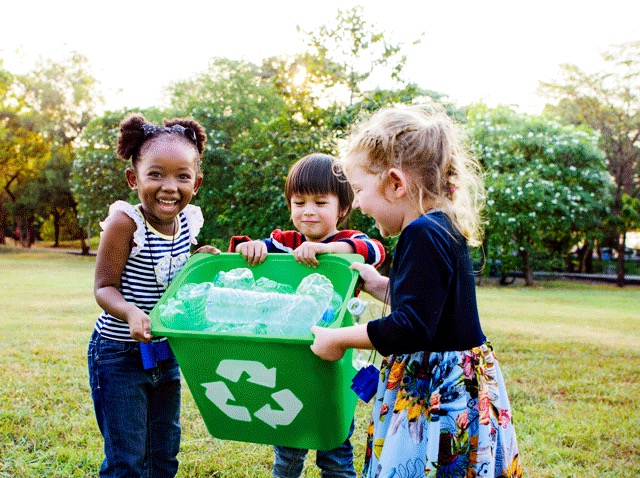Knowing how to make and keep friends is an important skill for young children to learn. For preschool and school-age children, friends are fun to have around. They can also be important to success in school! Here are some facts about friendships.
The effect of friendships on school success shows up very early
Young children who know how to form and maintain close friendships tend to:
- adjust well to school and do well in classes
- have high self-esteem
- learn important social skills, such as cooperation and problem solving
The benefits of childhood friendships can have lifelong effects
People who learn at an early age to make and keep close friends tend to engage in fewer risky behaviors as teens and have fewer mental health problems as adults than do those who have no close childhood friends.
Parents can help their child learn how to be a good friend
The best social skills teacher of all can be the example you set in your daily interactions with others. (Actions speak louder than words!) You help your children learn how to make and keep friends when you:
- model cooperation and kindness with other people, including neighbors, shopkeepers, and teachers
- invite friends over and find times for your child to play with others
- talk to your child about what it means to be a “host” and how to look out for another child’s needs
- help your child learn how to listen to others’ ideas
- discuss fairness with your child—how to take turns, how to share, and how to solve problems
- help your child learn words to express his feelings
- discuss the importance of being honest and loyal with friends
- discourage hurtful behaviors in your child, and offer other ways to solve problems
- talk to your child about being kind and helpful to others
- help your child recognize and respond to others’ feelings


 PDF
PDF